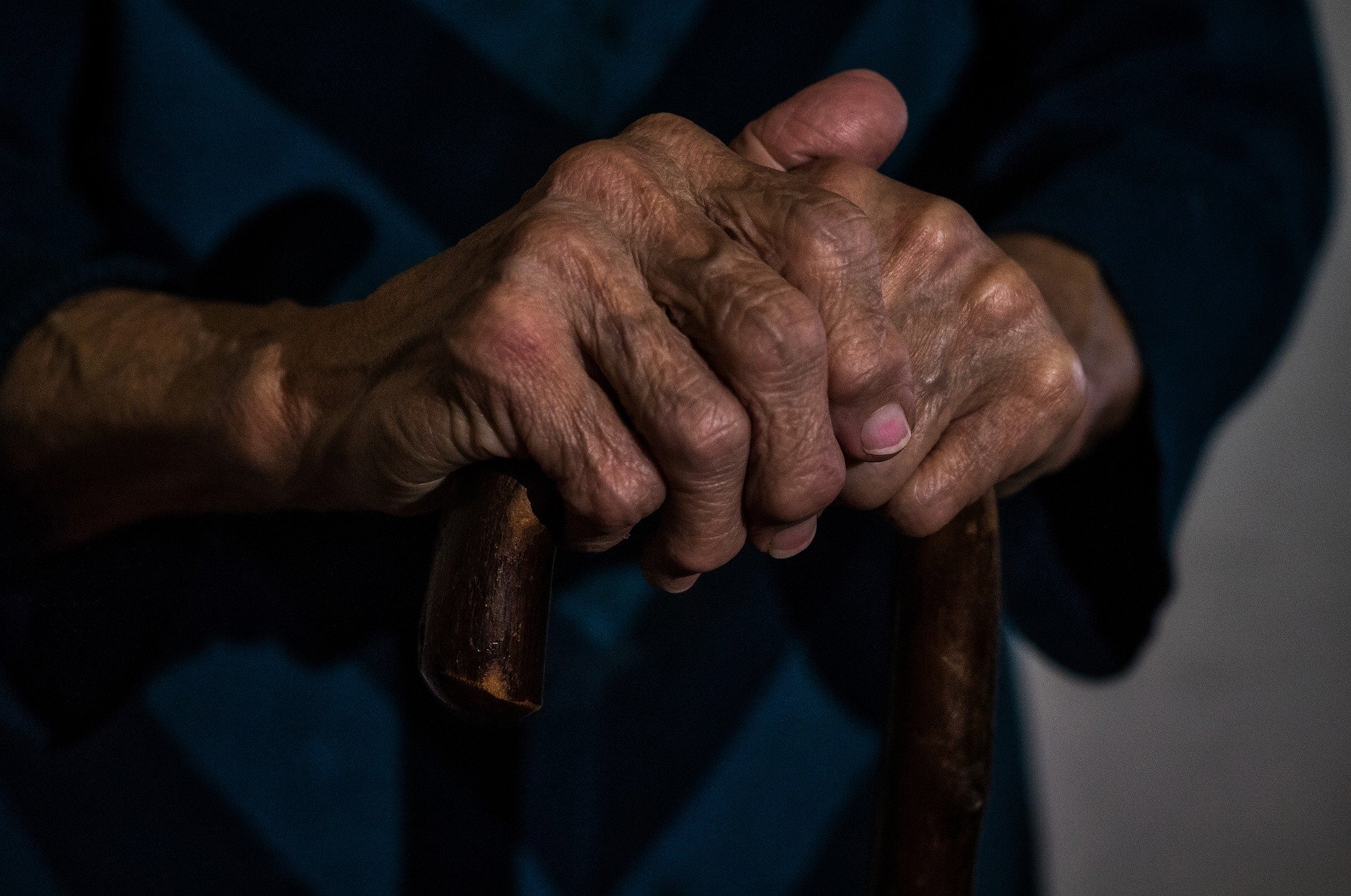Do you have a laptop, tablet, phone, or other mobile device but lack consistent, reliable access to the Internet? Do have a limited data plan that restricts your access to online resources just when you need them the most? We found a solution!
The Texas State Library & Archives Commission, Texas RioGrande Legal Aid, and Texas Legal Services Center/TexasLawHelp.org have developed an ArcGIS map of free public drive-up WiFi spots in Texas. Users can enter their address or city and search for available public WiFi within a specified distance. (Harris County Law Library is one such location.) Anyone who needs free internet access for school, work, virtual court hearings, telehealth visits, or access to web-phone or -text services will find this information useful.
The map is available in English, Spanish, and Vietnamese.
BPSOS-Houston deserves much credit for their assistance in translating the site for Vietnamese speakers.
Access the Texas Free WiFi Map at either of the links below.
The Texas State Library and Archives Commission provides a list of additional resources to help Texans get and stay connected to the Internet, a couple of which are listed here.
Find local internet service providers making price and service adjustments to keep communities connected.
Find local service providers in your area using BroadbandNow.org
If you have any questions or comments regarding the map tool, please contact TexasWiFiMap@tlsc1.org
Provide feedback by filling out this short survey.








